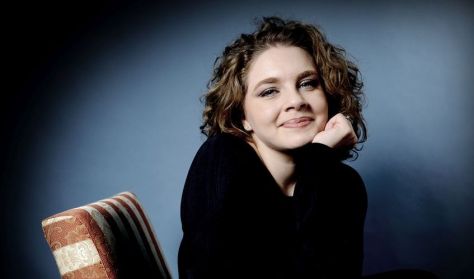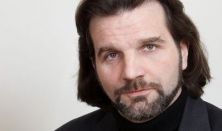Carl Maria von Weber (1786-1826) is one of the key figures in the history of the opera genre: the creator of the German opera, from whom even Wagner learnt a great deal. In 1821, his opera Der Freischütz was premiered in Berlin, marking a turning point in the history of opera. In Weber’s hands, the role of the orchestra was enhanced, and the different tones received a dramatic or characterizing function. The overture to Der Freischütz can be regarded as a symphonic poem ahead of its time, as is the strong dramatic expressiveness of the male lead aria. Gustav Mahler’s (1860-1911) symphonies began in Budapest and continued with two major works, Symphony No. 2 and 3, while he was living in Hamburg and was terribly homesick. When he finally returned to his beloved Vienna, he expressed the joy of homecoming in his next piece, Symphony No. 4. The fundamental character of the piece is cheerfulness, Viennese music and the kind of simple poetry that characterises his favourite collection of folk poems, Des Knaben Wunderhorn (The Boy's Magic Horn). Ernő Dohnányi (1877-1960) composed his Symphonic Minutes in 1933 for the concert celebrating the 80th anniversary of the founding of the Budapest Philharmonic Orchestra, a work devoid of drama but full of sparkling musical ideas. After winning the József Simándy Singing Competition, Polina Pasztircsák continued her studies in Italy with Mirella Frenini. She won 1st prize at the 2009 Geneva International Music Competition and has since been a sought-after singer worldwide. Zoltán Nyári played the violin as a child, and later graduated from the University of Theatre and Film Arts and was working as an actor. He made his debut as a singer in Szolnok in 1998 and has since sung at the events of the Hungarian State Opera and numerous opera houses in German cities. Her repertoire includes nearly 40 roles.
FEATURING
Polina Pasztircsák - soprano, Zoltán Nyári – tenor
CONDUCTOR
Róbert Farkas










